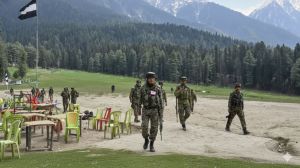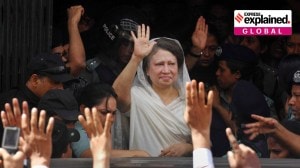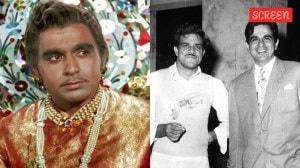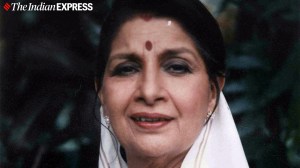Thoroughly Indian
Born in Peshawar in 1905, Mulk Raj Anand studied at Amritsar, Cambridge and London, and took his PhD in philosophy in 1929. He began writing...

Born in Peshawar in 1905, Mulk Raj Anand studied at Amritsar, Cambridge and London, and took his PhD in philosophy in 1929. He began writing for TS Eliot8217;s Criterion, lectured in Europe, and travelled to war-time Spain. He was still abroad when he gained recognition with his first two novels, Untouchable and Coolie, and by the time he returned to India, in 1946, he had published several more, including The Sword and the Sickle. Based in Bombay, he participated actively in the cultural life of the city, and it was here that he founded and edited the fine arts magazine Marg. Anand died in Pune in 2004, aged 99.
This commemorative omnibus edition brings together three of Anand8217;s most well-known novels: Untouchable 1935, Coolie 1936, and Private Life of an Indian Prince 1953. Even today, these are ambitious and highly unusual novels 8212; especially Untouchable, both in its subject matter and its style. Saros Cowasjee8217;s introduction reminds us that it was written over a long weekend in 1930; but even after several revisions in the next four years, the novel was rejected by 19 publishers, leading its writer to the brink of suicide 8212; until finally, with some help from a poet friend and a preface from EM Forster, the novel was published in 1935.
What is still remarkable about Anand8217;s novels is that they are about characters who hardly ever feature in such great detail in other works of Indian writing in English. Untouchable, about one day in the life of Bakha the 8220;untouchable8221; scavenger boy, tells us about the myriad forms of injustice in the lives of the sweepers. The novel8217;s ending is still remarkably effective as it describes the only three options available to Bakha to change his fate: first, conversion to a different religion in search of equal treatment; second, the Gandhian way, by waiting for the rest of society to become better human beings; finally, the possibility held out by technology for a way out of the hideousness 8212; for Bakha is told a 8220;flush8221; latrine has been invented that may make his work, and his indignity, redundant.
Coolie, arguably Anand8217;s best novel, is about the life and death of Munoo, the teenage 8220;coolie8221; boy who travels from the Kangra valley to the small towns, the plains, across the country to the squalor of Bombay8217;s cotton mills, and finally back to Shimla, but in different circumstances, to die of TB in his beloved hills.
Private Life of an Indian Prince is the most ambitious of the three novels, setting out to tell the story of a prince, his princely preoccupations, and his little princely state when he resists pressures to accede to the newly-formed Indian state.
These novels are not merely about the oppressions of the Raj; they are also about the different ways in which divisions of caste, class, religion and race create more suffering for men and women. The novels date back to a different kind of Indian writing in English, the unhurried, thoughtful and unflamboyant period of RK Narayan and Raja Rao.
One might not share Forster8217;s extravagant view that a work like Untouchable could not have been written by an 8220;untouchable8221; 8220;because he would have been involved in indignation and self-pity8221;. Nevertheless, we cannot but agree with Forster8217;s description of Anand8217;s protagonist: 8220;Bakha is a real individual, lovable, thwarted, someties grand, sometimes weak, and thoroughly Indian.8221; The same could be said of Anand8217;s prose: it is sometimes grand, and sometimes weak; but always thoroughly Indian.
- 01
- 02
- 03
- 04
- 05































